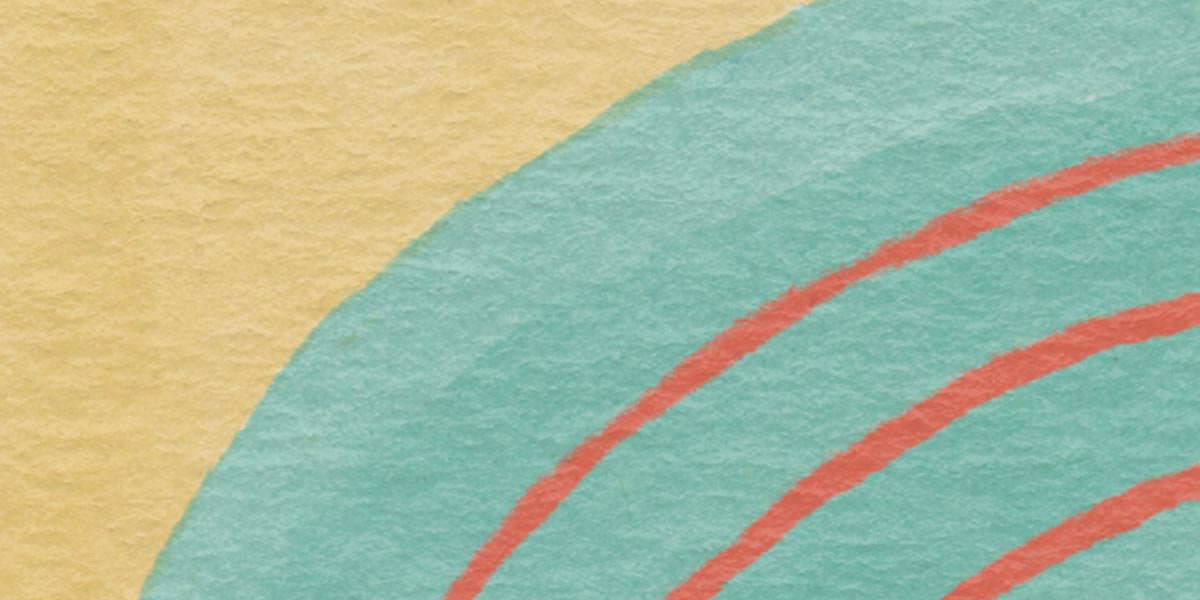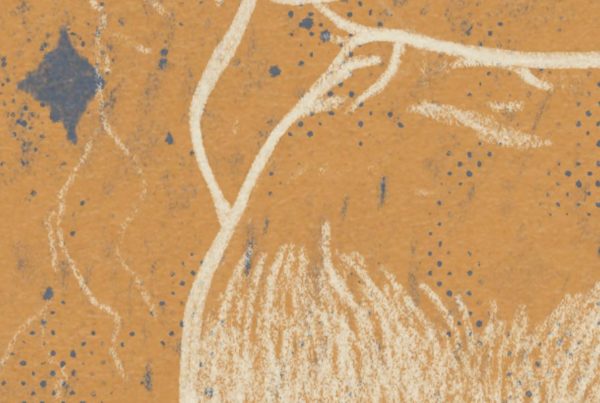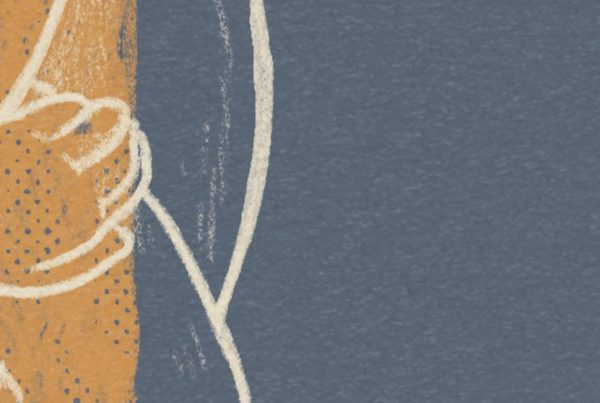There’s this thing that happens when I’m talking to my boys as they’re watching TV. Shocker alert: they don’t hear a single thing I say!
Without fail, I have to ask them to press pause on the remote, turn their bodies toward me, and make eye contact as a way to show they’re engaged.
I’d love to blame this lack of focus on their under-developed prefrontal cortexes, but the truth is, I have this tendency just as much as they do—it’s called being human in the 21st century.
As much as modern society likes to promote “you can do it all,” according to the NeuroLeadership Institute, “The human brain is actually incapable of completing more than one cognitive task at a time.” [1]
Constantly switching tasks results in what is known as a “switch cost.”
Despite us believing multitasking makes us more efficient, studies show that today’s culture is actually less efficient and struggling to “hold together coherent thoughts amid the data streams of information assailing our brains.”
It’s no wonder we’re so exhausted—we’re trying to do too many things all at once.
As we continue exploring the soul work of rest this month, and as you sit with the following prompts in today’s intermission, may I invite you to consider one simple act to apply to your daily routine?
Find a moment to press pause.
Wherever it may work best, and whenever it would be most rejuvenating for your life rhythm, turn your body toward rest, make eye contact with rest, and posture yourself with complete restful engagement:
Close your computer.
Put your phone on silent.
Get away from the noise.
In the same way we pause life on 11/11 at 11:11am to honor fallen soldiers who fought for our freedom, think of “honoring rest” as a freeing cognitive task to focus on, and pick a moment to press pause on everything else.
“Rest is not idle, it’s not wasteful. Sometimes rest is the most productive thing you can do for body and soul.” —Erica Layne
—With Joy
Source: [1] “The Myth of Multitasking,” by Laura Cassiday, Ph.D., NeuroLeadership Institute, February 9, 2023.
Pause for Thought
“What is remarkable is that Presence always reveals what in us is blocking us from becoming present. The more we become present, the more we become aware of the parts of ourselves that are not relaxed, the parts we have not fully occupied. The more we are able to relax, the more we become aware of the subtle movement of Presence filling us and surrounding us.”
Source: “The Wisdom of the Enneagram,” 46, The Enneagram Institute, EnneaThought for the Day, May 19, 2023.
Pause for Practice
If you remember to come back throughout your day and breathe and practice centering yourself, you can begin to explore where the tensions are in your body. You will begin to become aware of the tensions that you have in your face. If you become aware of your face, you will see how much without realizing it, you are grimacing, squinting, and tensing muscles in your jaw, neck, brow, ears, and scalp. Your entire facial area is an ever-changing mass of tension. But if you allow your face to relax, even putting the slightest smile on your face, it will change your entire mood, and invite your body into a whole new opening of rest.
Let this be your practice today:
Take a moment to notice any tension in your face. Can you relax and let it go?
Pause for Contemplation
“Come to me, all you who are weary and burdened, and I will give you rest. Take my yoke upon you and learn from me, for I am gentle and humble in heart, and you will find rest for your souls. For my yoke is easy and my burden is light.”
- If you would like to share this issue of PAUSE – via text, social media, or email – just copy and paste this link: https://joyover.com/pause/november-8-2023
- Click here for previous month’s art offerings
P.S. Pausing in the midst of busy life to carve out pockets of rest is a hard thing to do, but just like this kid’s fierce commitment to eat his “apple,” we, too, can do hard things. 🙂






